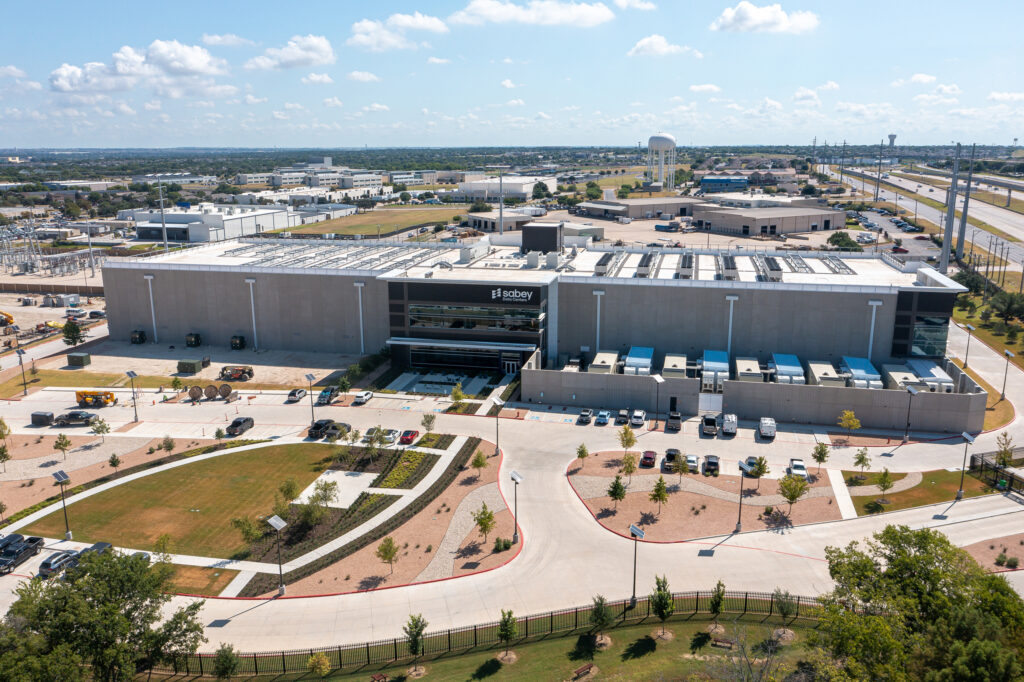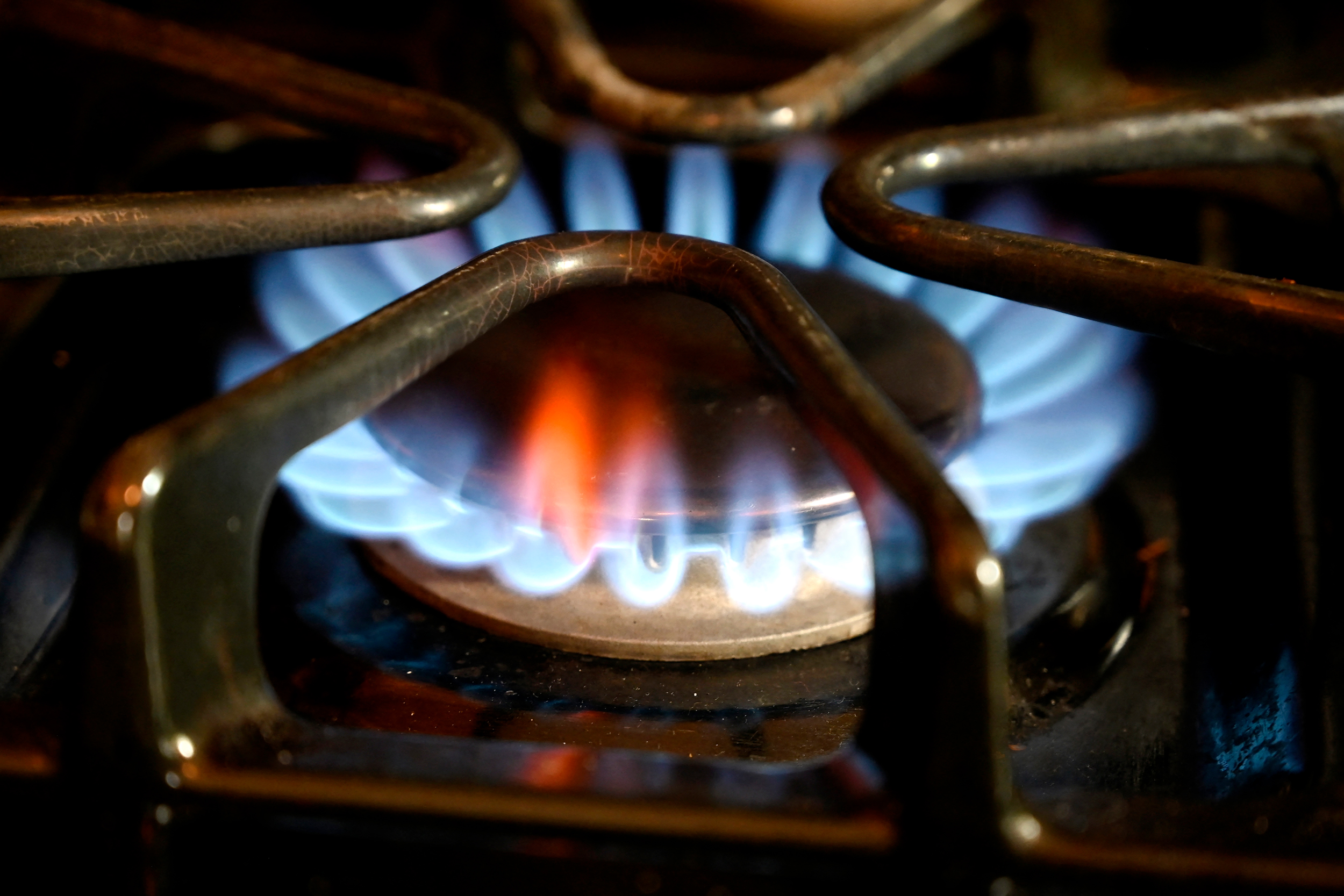On the same day the Trump administration announced it was freezing federal funds dedicated to electric vehicle projects, the largest electric utility in Illinois announced a $100 million rebate program to fund EV infrastructure projects in northern Illinois.
Leaders of the Commonwealth Edison Co. (ComEd) promoted the program at a Feb. 6 press conference ahead of the opening of the Chicago Auto Show.
“ComEd is focused on ensuring that not only is the grid is equipped for increased electrification, but that our customers and communities have the support needed to navigate the transition to EVs and the benefits they provide for customers as well as the environment,” said Melissa Washington, senior vice president of customer operations and strategic initiatives at ComEd.
The rebates cover three distinct programs: residential EV charger and installation costs, all-electric fleet vehicles and business and public sector make-ready charging infrastructure.
We’re hiring!
Please take a look at the new openings in our newsroom.
See jobs
The investments are available for customers in the residential, business and public sectors, according to ComEd.
The new program is part of a total investment of $231 million in the current Beneficial Electrification (BE) Plan approved by the Illinois Commerce Commission. In 2021, Illinois passed the Climate and Equitable Jobs Act, which required all major utilities to establish a BE plan.
“The plans to carry out the programming are ready to go, and were rolled out last year,” said Cristina Botero, senior manager for beneficial electrification at ComEd. “[The $231 million] includes customer rebate programs, customer education awareness and beneficial electrification pilots, research and development.”
Those funds are part of the timeline of ComEd’s first BE plan, spanning 2023 to 2025. For 2026 to 2028, Botero said ComEd has filed the types of programs and funding amount to propose to the Illinois Commerce Commission, and expects approval in March.
“This is at the state level and not dictated by federal policy,” Botero said.
Last week, the Trump administration abruptly suspended the $5 billion National Electric Vehicle Infrastructure (NEVI) program, a federal initiative for expanding highway charging networks established in the Infrastructure Investment and Jobs Act.
NEVI, in its first phase, requires EV charging stations to be installed every 50 miles along federally approved alternative fuel corridors, and that they be located within one mile of those routes. The program is structured to reimburse private companies up to 80 percent of the cost to construct and operate EV charging stations for five years.

According to the Illinois Department of Transportation, $148 million from NEVI was set to be disbursed in the state over the course of five years, beginning in 2022. The funds would focus on interstate direct current fast charging.
“We are still in the process of reviewing the impacts of last week’s order and evaluating next steps going forward,” said Maria Castaneda, spokesperson for IDOT, in an emailed statement.
The NEVI funds were also set to help achieve Governor JB Pritzker’s goal to have one million EVs on Illinois roads by 2030. Officials estimated that at least 10,000 EV charging stations are needed in order to achieve this 2030 goal. Last fall, there were 1,200 charging stations open to the public.
Experts continue to have concerns about how the administration’s cuts to NEVI and other environmental programs will impact future projects, both in Illinois and other states.
In January, Illinois was awarded federal funds totaling $114 million from the U.S. Department of Transportation to build 14 truck charging hubs, adding to the statewide charging infrastructure.
According to Brian Urbanszewski, director of environmental health programs for the Respiratory Health Association, most of that funding is either frozen or at risk.
“It just keeps adding up, and it’s well over $300 million that’s just frozen right now at the federal level,” Urbanszewski said. “That obviously has an impact on being able to pay people to do the work [for these programs].”
“There’s a number of things that are threatening electric vehicles, even though these are a mechanism of getting to cleaner air, which this administration claims to be in favor of.”
— Susan Mudd, Environmental Law and Policy Center
He added that although Illinois still has funds from the Volkswagen Settlement, including $84.4 million that the state received in 2022 to fund electric infrastructure, those funds “have essentially been spent out.”
“It was a one-time settlement … that’s almost all gone now. It’s unclear what the state is going to have moving forward,” he said.
Additionally, the recent flurry of executive orders from the Trump administration has sparked questions among experts over whether the administration has the power to pause certain federal spending projects.
“Technically, Illinois has been given permission to spend that money by [the U.S. Department of Transportation] under the provisions of the [IIJA] but USDOT put a hold on any new spending recently,” Urbanszewski said, acknowledging that it could take an act of Congress to officially pause funds.
“There’s a number of things that are threatening electric vehicles, even though these are a mechanism of getting to cleaner air, which this administration claims to be in favor of,” said Susan Mudd, senior policy advocate at the Environmental Law and Policy Center.
Even ostensibly completed projects are caught in the funding freeze, Mudd noted. A fleet of 21 electric school buses funded by the IIJA are sitting in Litchfield, Illinois, but can’t be transported to Ritenour School District in St. Louis because the district cannot pay for them. According to Mudd, when the district went to open the online portal through asap.gov, a system through which organizations receiving federal funds can draw down payments from the pre-authorized funds authorized by federal agencies, it was unable to access the portal.
This would have allowed the district to get the funds to pay Midwest Bus Sales—the company that got the buses from the manufacturer and was ready to deliver them from Litchfield—for the fleet.
Mudd said she hopes to see Republican members of Congress challenge Trump’s orders, as many Republican districts benefit from the very rebate programs that the administration is trying to freeze.
“Sadly this administration seems to have anything to do with electric vehicles in the crosshairs,” she said.“It appears that this mechanism of improving Americans’ health and pocketbooks is not acceptable to this particular administration.”
About This Story
Perhaps you noticed: This story, like all the news we publish, is free to read. That’s because Inside Climate News is a 501c3 nonprofit organization. We do not charge a subscription fee, lock our news behind a paywall, or clutter our website with ads. We make our news on climate and the environment freely available to you and anyone who wants it.
That’s not all. We also share our news for free with scores of other media organizations around the country. Many of them can’t afford to do environmental journalism of their own. We’ve built bureaus from coast to coast to report local stories, collaborate with local newsrooms and co-publish articles so that this vital work is shared as widely as possible.
Two of us launched ICN in 2007. Six years later we earned a Pulitzer Prize for National Reporting, and now we run the oldest and largest dedicated climate newsroom in the nation. We tell the story in all its complexity. We hold polluters accountable. We expose environmental injustice. We debunk misinformation. We scrutinize solutions and inspire action.
Donations from readers like you fund every aspect of what we do. If you don’t already, will you support our ongoing work, our reporting on the biggest crisis facing our planet, and help us reach even more readers in more places?
Please take a moment to make a tax-deductible donation. Every one of them makes a difference.
Thank you,

















